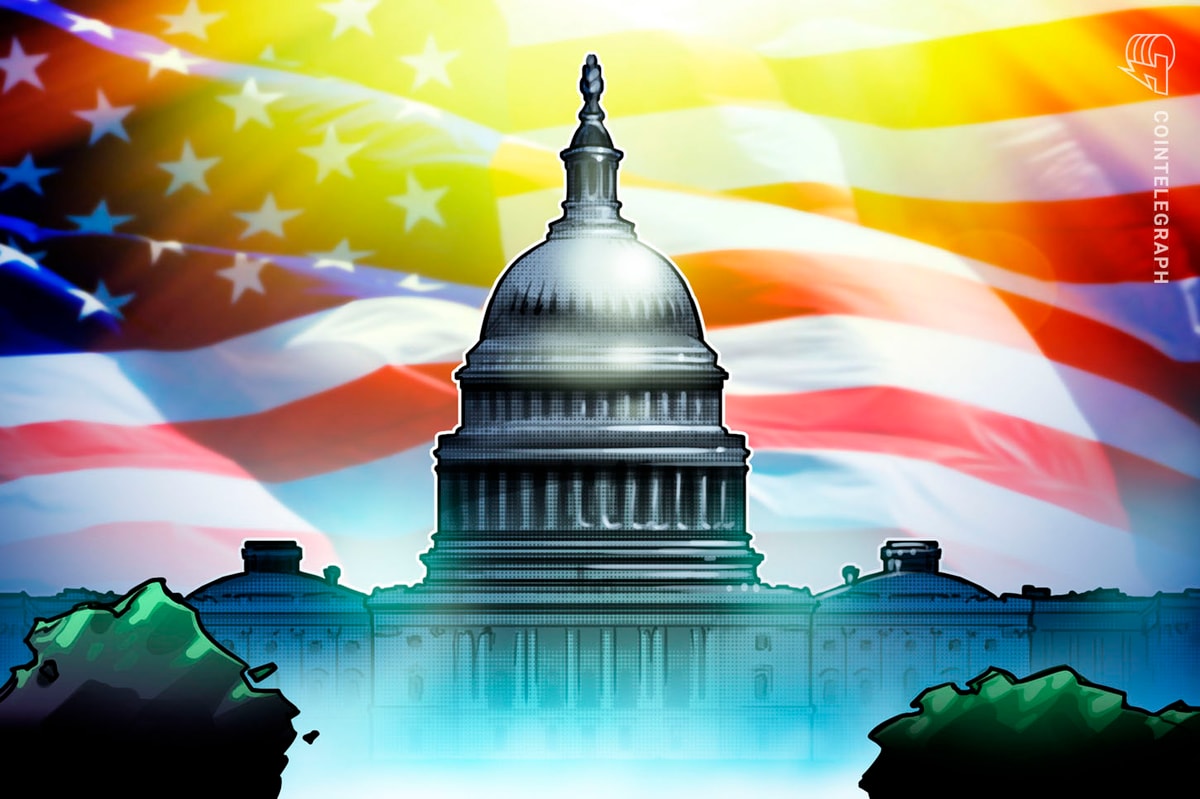Crypto Legislation Makes Headway: A Breakthrough for Digital Assets
In a significant development for the crypto industry, Republican lawmakers and President Donald Trump have successfully pushed three crypto bills through the House of Representatives. This milestone marks a crucial step towards establishing regulatory clarity for digital assets, an issue that has been gaining traction in recent times. Despite internal party divisions, the bills managed to garner substantial support, with the Guiding and Establishing National Innovation for US Stablecoins (GENIUS) Act being signed into law by Trump just 24 hours after its passage.
The GENIUS Act and Beyond
The GENIUS Act, which aims to regulate payment stablecoins, received overwhelming support from both Republicans and Democrats, with only 12 Republicans and a handful of Democrats voting against it. The other two bills, the Digital Asset Market Clarity (CLARITY) Act and the Anti-CBDC (central bank digital currency) Surveillance State Act, will now head to the Senate for consideration. These bills are part of the Republicans’ “crypto week” initiative, which seeks to establish a clear regulatory framework for the digital asset industry.
Challenges Ahead
While the passage of these bills is a significant achievement, they still face hurdles before becoming law. Senate Democrats may raise concerns over Trump’s potential conflicts of interest, given his involvement in crypto ventures. Moreover, the CLARITY Act and the Anti-CBDC bill may undergo significant changes as they navigate the Senate. The Responsible Financial Innovation Act, a discussion draft released by four Republican senators, may also influence the final outcome of the crypto market structure bill.
Crypto Market Structure Takes Center Stage
The Senate is expected to prioritize the crypto market structure bill, which will outline rules for regulators like the Securities and Exchange Commission (SEC) and Commodity Futures Trading Commission (CFTC). This bill will also distinguish which tokens qualify as securities under US law. The CLARITY Act and the Responsible Financial Innovation Act are both vying to be the final product, but either bill will need to pass through both chambers before reaching Trump’s desk.
The CFTC’s Staffing Conundrum
As the crypto bills continue to make their way through Congress, the Commodity Futures Trading Commission (CFTC) is facing its own set of challenges. The Senate has yet to vote on the nomination of Brian Quintenz to chair the CFTC, and reports suggest that one Republican senator’s absence from a committee meeting has delayed the vote. With only two commissioners currently serving at the CFTC, the agency may face significant staffing issues if Quintenz’s nomination is not confirmed before the August recess.
What’s Next for Crypto Legislation?
As lawmakers prepare to break for their August recess, the crypto industry is holding its breath in anticipation of the Senate’s next moves. Will the CLARITY Act or the Responsible Financial Innovation Act emerge as the final product? How will the Anti-CBDC bill fare in the Senate? And what will happen to the CFTC’s leadership after the August recess? One thing is certain – the crypto legislation landscape is about to get a whole lot more interesting.

